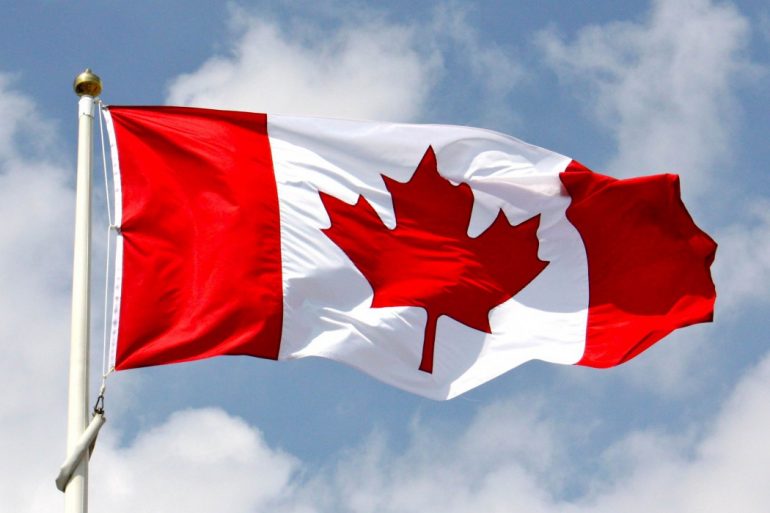The Conference Board of Canada has released the latest installment of its How Canada Performs: Innovation Report Card evaluating its innovation ecosystem compared to the rest of the world.
Compared to 16 peer countries, Canada maintained a “C” grade with a 12th place rank, falling behind countries like Australia, Belgium, and Japan.
To give Canada its grade, the Canadian organization evaluated Canada, its provinces, and 15 peer countries across nine report card indicators. The indicators are organized into three specific innovation categories: capacity, activity, and results, covering indicators like entrepreneurial ambition, VC investments, and public research and development.
Canada received one “A,” one “B,” three “C”s, and four “D”s to get its overall “C” grade.
“Despite improvements in a few areas, Canada remains stuck in a low innovation equilibrium.”
– Paul Preston
“Canada once again faces the reality of its low innovation performance, falling in the Conference Board’s innovation ranking as key international competitors surge ahead,” said Paul Preston, director of science, technology, and innovation policy at The Conference Board of Canada. “Despite improvements in venture capital investment and entrepreneurial ambition, Canada’s persistent weakness in business R&D, ICT investment, patents, and labour productivity make it hard for us to keep up with global peers.”
Similar to previous years, Canada performed most poorly in business research and development, where it was ranked last. The Conference Board of Canada noted that while Canada has seen a substantial increase in its VC investment in several provinces, the country slipped from a B to a C grade as the US has created a bigger lead for itself in recent years. Still, Canada retained its second-place ranking in the 2018 report card, which the Conference Board said might be due to the renewal of VC funding in Canada’s 2018 federal budget.
Canada’s only “A” came from entrepreneurial ambition, which measures the share of the working-age population reporting early-stage entrepreneurial activity, such as attempts to establish or own a new business. Canada maintained a “B” for public research and development, but slipped from 9th to 10th among the 16 peer countries.
“Despite improvements in a few areas, Canada remains stuck in a low innovation equilibrium. Downward trends in some key innovation drivers highlights the need for the private and public sectors to improve their innovation game in a much more competitive environment,” said Preston. “The federal government has clearly heard the message and is making substantial policy moves with investments in venture capital, procurement, and the superclusters initiative. Hopefully, businesses will respond and we’ll see better performance in the years ahead.”
This is the second time that the report card includes provincial rankings. The report card shows that Ontario is the top-rated province with a “B” grade. Quebec fell from a “B” to a “C” in the current grade, while British Columbia, which was previously a “B” performer,” fell to a “D” grade falling to 17th place among 26 comparison regions.
The complete innovation report card can be found here.


